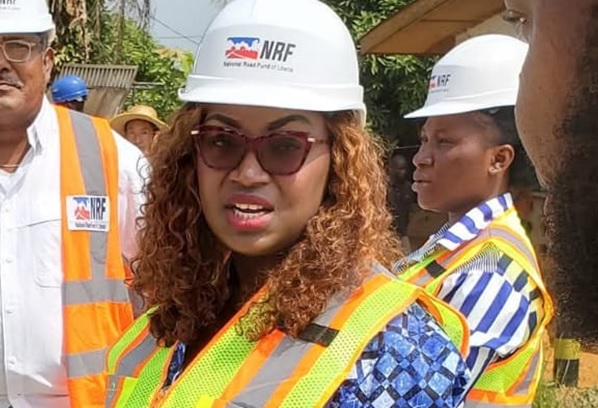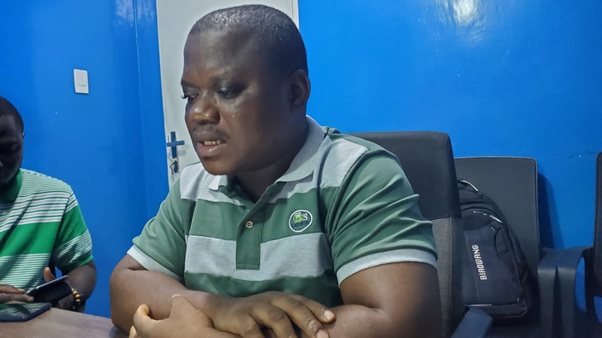MONROVIA – Serious allegations against the National Road Fund (NRF) and its manager, Madam Joseta Neufville-Wento, have cast a long shadow over the organization’s integrity and effectiveness. The NRF, tasked with ensuring the maintenance and development of Liberia’s roads and bridges, is now under fire for reportedly mishandling substantial public funds intended for national infrastructure projects.
The NRF’s problems began in 2016, when the National Road Fund Act was passed, aimed at addressing Liberia’s decaying road network. The act mandated that the NRF finance road and bridge repairs, approve maintenance budgets, and manage the collection and disbursement of related funds. However, recent revelations indicate that the fund has been grossly mismanaged, leading to mounting calls for accountability.
A contract signed in August 2023 for the supply of solar lamps and poles to Grand Cape Mount County has ignited public outrage. Initially valued at US$160,000, the contract stipulated the delivery of 1,000 solar lamps and poles. But investigations have uncovered discrepancies, with only a fraction of the materials being delivered, and those that were, allegedly misused. Rather than going to the intended county authorities, the solar lamps and poles were diverted to the political campaign of Representative Bintu Massalay’s father, Idrissa Massalay. According to insiders, the equipment was handed out to campaign supporters and even sent across the border to Sierra Leone to garner votes for the Representative.
Adding fuel to the fire, Titus A. Thomas, the NRF’s Technical Consultant Engineer, has stepped forward, stating that a mere US$60,000 was actually spent on the subpar delivery. He has raised concerns about the lack of transparency in the NRF’s financial handling, emphasizing that the road fund is meant to improve infrastructure, not serve as a political tool or personal slush fund.
Further damning allegations point to Madam Neufville-Wento’s role in directing NRF funds toward personal gains. She is said to have authorized US$1,460 in payments for a “consultant,” Kanio Bai Gbala, whose specific duties remain unclear. The question arises as to why money allocated for critical roadwork was instead spent on consultancy fees, further complicating an already troubling situation.
In addition to the solar lamp scandal, another US$410,500 is believed to have been misused under the pretense of “road reviews,” with sources alleging that funds were diverted to individuals involved in the operation. The NRF’s credibility, already in question, continues to crumble under the weight of these new revelations.
Civil society organizations, including activist Martin Kollie, are calling on the relevant government authorities to probe these allegations and hold those responsible accountable. The scale of the alleged mismanagement has shocked the Liberian public, with calls for urgent reforms and investigations growing louder by the day. Citizens, political leaders, and civil society groups have all expressed their frustration with the misuse of public funds, especially when these funds were intended for road repairs that could have transformed Liberia’s infrastructure.






